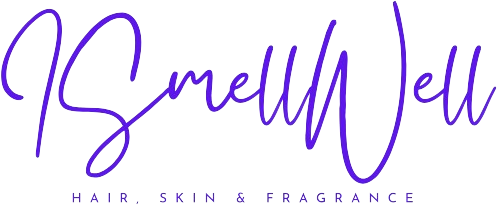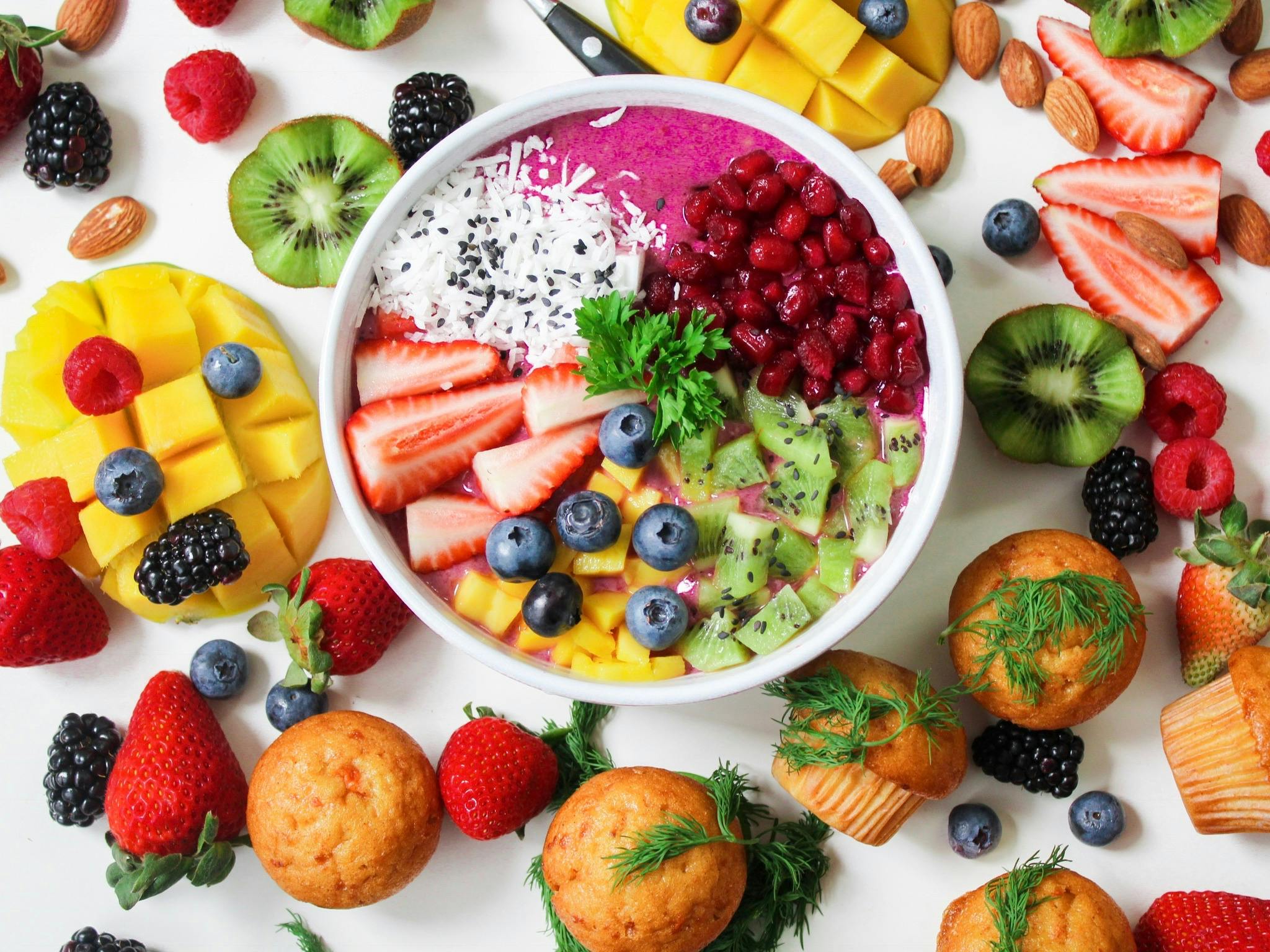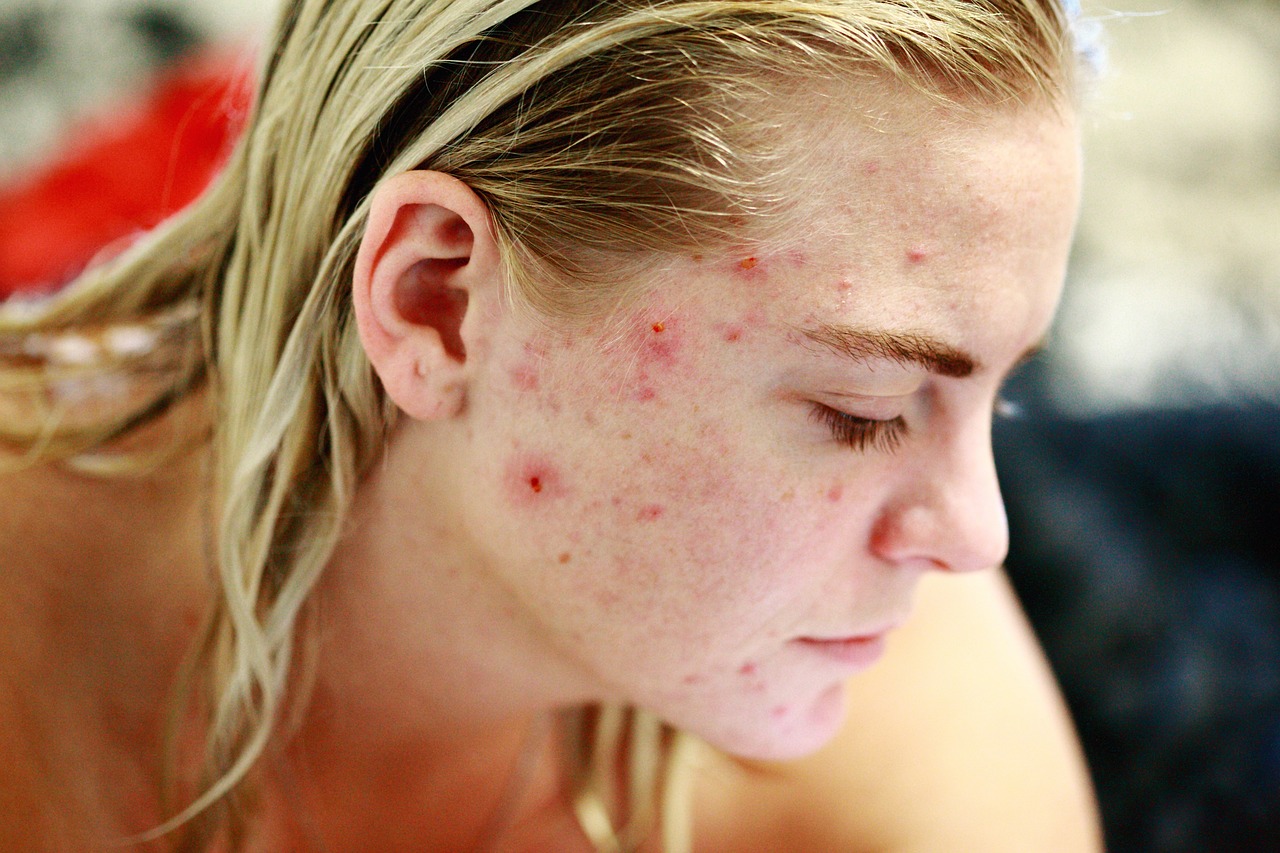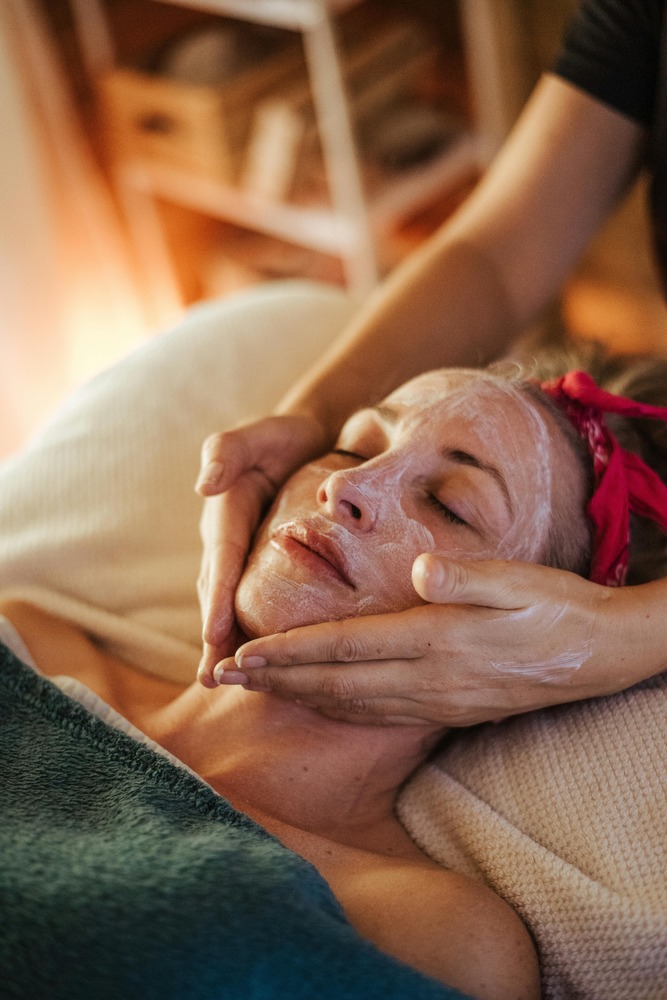For years, the connection between diet and acne was overlooked, but recent research is uncovering how certain foods can either calm or inflame our skin. From the blood sugar spikes of sugary snacks to the hormone effects of dairy, what we eat can profoundly affect how often those breakouts appear and how intense they are.
In this article, we’ll explore which foods may be sabotaging your skin—and which could be your secret weapons in the fight against acne. Understanding the impact of food on your complexion might just give you a new approach to achieving clear, glowing skin.
1. Understanding Acne and Its Causes
Acne occurs when hair follicles become clogged with oil, dead skin cells, and bacteria. This clogging process can lead to inflammation, resulting in pimples, blackheads, whiteheads, and even cysts. While factors like genetics, hormones, and stress significantly impact acne, studies increasingly indicate that diet can exacerbate or help alleviate these symptoms.
Key Contributors to Acne:
- Hormonal Imbalance: Changes in hormone levels, especially during adolescence or pregnancy, can increase oil production and lead to acne.
- Inflammation: Chronic inflammation can worsen acne, as it aggravates skin conditions and increases redness and swelling.
- Clogged Pores: Oil, dead skin, and bacteria that get trapped in pores create an environment conducive to acne development.
2. The Role of Diet in Acne
Research on diet and acne suggests that certain foods can influence factors like hormone production, sebum (oil) levels, and inflammation, all of which play a role in acne development. High-glycemic foods, dairy, and processed items are linked to increased acne, while nutrient-rich, anti-inflammatory foods show promise in reducing breakouts and promoting skin health.
3. Foods to Avoid for Clearer Skin
Understanding which foods might trigger acne can help in creating a diet that minimizes breakouts. Here are some of the most common dietary culprits:
High-Glycemic Foods
High-glycemic foods quickly raise blood sugar and insulin levels, which can lead to increased sebum production and more acne. Some common high-glycemic foods include:
- White bread and pastries
- Sugary cereals and desserts
- Soft drinks and sugary beverages
- Potatoes and other starchy foods
Tip: Swap high-glycemic foods with whole grains, vegetables, and fruits, which are lower on the glycemic index and better for skin health.
Dairy Products
Dairy, especially milk, has been linked to acne, potentially due to the hormones it contains that can influence the body’s hormone levels and oil production. Studies have particularly associated skim milk with acne severity.
- Milk, especially skim
- Cheese and yogurt with added sugars
Tip: Plant-based alternatives like almond or oat milk may be gentler on the skin, though individual responses to dairy vary.
Processed and Sugary Foods
Highly processed foods often contain refined sugars, unhealthy fats, and additives that can lead to insulin spikes and increase inflammation in the body, both of which are associated with acne.
- Fast food and packaged snacks
- Candies and sweets
- Sugary breakfast items, like pancakes and waffles
Tip: Choose whole foods and snacks like fresh fruit, nuts, and seeds to reduce processed food intake.
Saturated and Trans Fats
Diets high in unhealthy fats can promote inflammation, a common trigger for acne. Foods containing trans fats or high levels of saturated fats include:
- Fried foods like fries and doughnuts
- Fast food items, especially burgers and pizzas
- High-fat dairy products
Tip: Use cooking oils rich in healthy fats, such as olive or avocado oil, which have anti-inflammatory properties.
Chocolate
While not as directly linked to acne as other foods, some studies have shown a correlation between chocolate and acne, potentially due to its sugar content and how it affects the body’s hormonal response.
- Milk chocolate
- Chocolate with high sugar content
Tip: Dark chocolate with a high cocoa percentage (70% or more) has less sugar and may be a better option if you enjoy chocolate.
4. Foods That May Help Reduce Acne
While some foods can exacerbate acne, others may help manage it. These acne-friendly foods are typically anti-inflammatory, rich in antioxidants, and beneficial to hormone balance.
Low-Glycemic Foods
Low-glycemic foods provide steady blood sugar levels, helping to reduce acne risk by avoiding insulin spikes. Some low-glycemic foods include:
- Whole grains (quinoa, barley, and oats)
- Leafy green vegetables and non-starchy vegetables
- Fresh fruits like berries, apples, and pears
Omega-3 Fatty Acids
Omega-3s have anti-inflammatory properties that can help reduce acne-related inflammation. Incorporating these fatty acids may help to soothe the skin and lower breakout frequency.
- Fatty fish like salmon, sardines, and mackerel
- Chia seeds, flaxseeds, and walnuts
- Fish oil supplements
Probiotic-Rich Foods
Probiotics support gut health, which has a direct influence on skin health. By promoting a balanced gut microbiome, probiotics may help reduce systemic inflammation that can trigger acne.
- Yogurt (opt for unsweetened, low-fat varieties)
- Fermented foods like kimchi, sauerkraut, and miso
- Kefir and kombucha
Antioxidant-Rich Foods
Antioxidants combat oxidative stress and help to reduce inflammation. These foods can aid in skin repair and provide a defense against acne by reducing cell damage.
- Brightly colored fruits and vegetables like blueberries, bell peppers, and spinach
- Green tea, which contains polyphenols with antioxidant properties
- Nuts like almonds and seeds, especially sunflower seeds
Zinc-Rich Foods
Zinc is a mineral known for its role in immune health and wound healing. Some studies have shown that individuals with acne tend to have lower zinc levels, suggesting that zinc might play a role in skin health.
- Lean meats, like chicken and turkey
- Pumpkin seeds, lentils, and chickpeas
- Shellfish, particularly oysters
5. Lifestyle Tips to Support Acne-Free Skin
In addition to making dietary changes, adopting certain lifestyle practices can further support acne management and promote clearer skin.
Stay Hydrated
Water supports the skin’s natural detoxification process and helps maintain moisture balance, reducing excess oil production.
Manage Stress
Stress is known to influence hormone levels and can lead to increased acne. Practicing relaxation techniques such as yoga, meditation, or deep breathing can be beneficial.
Practice Good Skincare
Using non-comedogenic (non-pore-clogging) products, washing your face twice daily, and avoiding harsh scrubs can help reduce acne symptoms.
Avoid Touching Your Face
Touching your face frequently can transfer bacteria and oil from your hands to your skin, potentially causing breakouts.
6. Final Thoughts: Personalizing Your Diet for Better Skin
Dietary changes can positively impact acne management, but it’s essential to understand that results vary from person to person.
Keeping a food diary and noting which foods appear to affect your skin can help in personalizing a diet that promotes clearer skin.
Consulting a dermatologist or nutritionist may also offer further guidance on diet and acne.
By avoiding acne-triggering foods and incorporating more skin-friendly options, you can work towards clearer, healthier skin. As with any health-related goal, consistency and patience are key.




